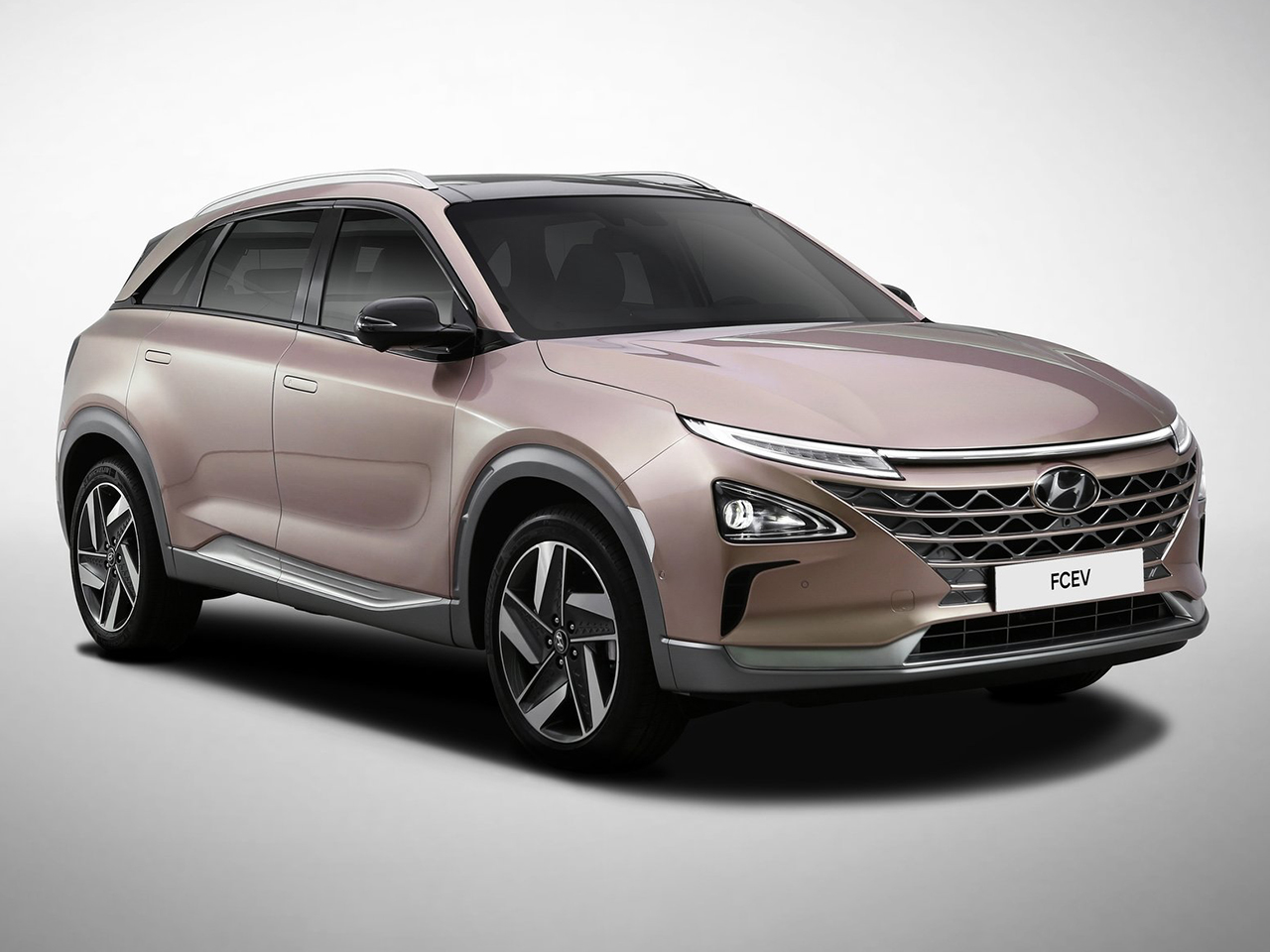Manufacturers such as Daimler (Mercedes-Benz), Honda, and Volkswagen have abandoned the development of hydrogen fuel cell technology. All due to their high development, production, and marketing costs compared to battery-powered electric cars. Two manufacturers maintain their bet on it: Hyundai and Toyota.
The first one has recently announced its goal of reducing its cost to equal that of a battery-powered electric car by 2025. When this parity is reached in the middle of the decade, Hyundai will begin to expand this solution to its entire range, as it currently has battery technology.
Saehoon Kim, head of Hyundai’s fuel cell division, has stated that the firm aims to produce 13,000 units of its Nexo model, increasing production to cut costs. The South Korean manufacturer’s goal is to assemble half a million hydrogen cars by 2030.
Saehoon Kim says hydrogen is “the technology of the decade despite Hyundai’s strong commitment to the battery-powered electric car.” This attitude contrasts with that of KIA, belonging to Hyundai, which recently announced that the arrival of its first hydrogen model on the market could be delayed due to the high cost of this technology.
The truth is that in recent times hydrogen has not only been criticized for its high costs, but many experts have warned of the low efficiency of this technology compared to batteries. Obtaining hydrogen from water by electrolysis is a process with an efficiency of 75%, while its compression, cooling, and transport of 90%. The generation of electrical energy in the fuel cell has an efficiency of 60% and the electric motor 95%, which leaves us with the first energy use of only 38%.
We can compare these numbers with those of a battery-powered electric car. The transport of electricity by cables has an efficiency of 95%, the load of 90%, and the motor maintains the 95% mentioned above, which gives us the use of the 80%. And all this without taking into account aspects such as the reduced and expensive charging infrastructure necessary for the popularization of hydrogen technology.

